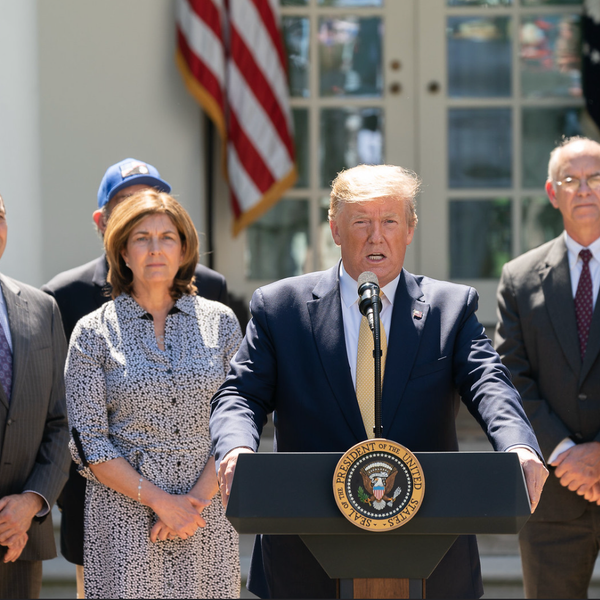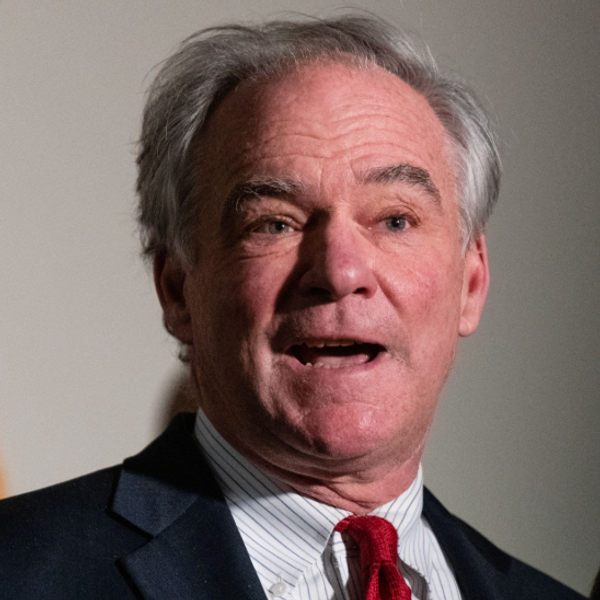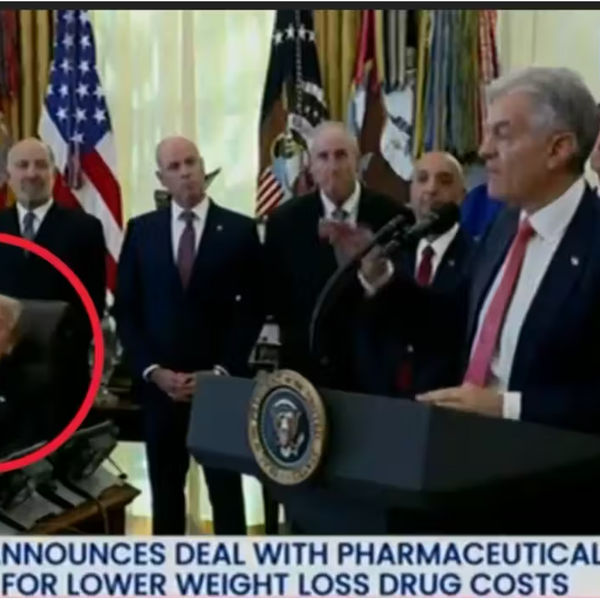President Obama raised some very important issues but still isn’t focused on the real roots of the problems.
President Obama’s third State of the Union address was certainly a masterful performance, delivered with a sense that he’d finally gained command of both the political and policy demands of the office. (Ryan Lizza’s brilliant article yesterday on the early decision making around economic stimulus struck me as a sharp reminder of how far Obama was from that mastery in 2009. But, not to make excuses, nobody arrives in the Oval Office knowing how to do the job of President of the United States.) It also contained a wonderful statement of the social contract, the idea that people who acquire skills and work hard should be assured of the basic economic security that allows them to take advantage of opportunity.
Plenty of praise will be heaped on the speech, so instead of layering on, I have two small gripes. First, it goes without saying that Obama’s reaffirmation of the “Buffet Rule” — that millionaires shouldn’t pay a lower tax rate than salaried employees such as Warren Buffet’s secretary, who sat in Michelle Obama’s section of the gallery — resonated brilliantly with Mitt Romney’s tax returns, released the same day. Mitt Romney’s effective tax rate is not only lower than Buffett’s secretary, it’s probably even lower than Buffet’s, at just 13.9 percent.
But Obama’s focus on millionaires misses the big lesson of Romney’s returns. They’re not different just because the numbers are bigger. (Although they are very big — even the trivial numbers that make an ordinary upper-middle-class tax return seem complex, like the credit for foreign taxes paid by a mutual fund, is in the high six figures for Romney.) But the real difference in Romney’s return is that it doesn’t look like mine or yours. There are no 1040s badly stapled onto the front page. It’s an entirely different world, comprised of capital gains and more capital gains, a few dividends, and some interest.
And that should be the point. It’s not that Romney’s a millionaire, or multi-millionaire. There are surely other millionaires who make as much money as Romney or more but pay a far higher tax rate because all or part of it is in salary and none of it moves through the Cayman Islands. The real “Buffet Rule” should not be focused on the amount of income at all. It’s not, as Obama put it last night, that millionaires should pay at least 30 percent. It’s that all income should be taxed at the same rate, whether it comes from wages, salary, capital gains, dividends, interest, carried interest, or some new form just being invented by the rocket scientists.
I was also a bit disappointed by the section of the speech on money in politics. As we see the emergence of Super PACs and a full return to the Watergate-era culture, the beginning of this election is a teachable moment, as they say, an opportunity to lay out an alternative vision in which public financing, broad participation, and reasonable regulation offset the Super PACs. Instead, Obama focused on two minor, distracting issues. He called for a ban on insider trading by members of Congress, responding to claims by Jack Abramoff, Peter Schweizer of the Hoover Institution, and an ancient, dubious academic study. There’s nothing wrong with prohibiting members of Congress from using inside information, but it really isn’t a significant element of corruption, in part because Congress is still a fairly open institution. If as an ordinary member you know that some bill or amendment is going to pass, chances are that lots of other people do as well. (The real corruption has been members being given early access to initial public offerings, but that has nothing to do with information and wouldn’t be affected by an insider trading ban.)
Getting more directly at the reality of money in politics, Obama called for prohibiting “bundlers” of political money from lobbying “and vice versa” — that is, banning campaign contributions from lobbyists. A federal circuit court recently upheld North Carolina’s ban on contributions from lobbyists, but this will still, if it passes, pose an interesting constitutional question about whether either donating (in regulated amounts) or lobbying are protected rights. Still, the focus on lobbyists, which has been the hallmark of the Obama administration’s ethics agenda from the beginning, is far too narrow. As the example of Newt Gingrich’s work for Freddie Mac and pharmaceutical companies shows, the real influence peddlers never bother with the proletarian business of “registering” as lobbyists. And most of the money that corrupts and distorts politics comes from wealthy individuals who aren’t lobbyists, but who can certainly make their interests known to the politicians they support.
What Obama’s version of the Buffett rule and the two congressional ethics proposals have in common is that they are interesting ideas but far too narrowly focused. In all three cases, they are targeting people – millionaires, lobbyists — when they should instead be focused on the thing: money.
Mark Schmitt is a Senior Fellow and Director of the Fellows Program at the Roosevelt Institute.
Cross-Posted From The Roosevelt Institute’s New Deal 2.0 Blog
The Roosevelt Institute is a non-profit organization devoted to carrying forward the legacy and values of Franklin and Eleanor Roosevelt.








